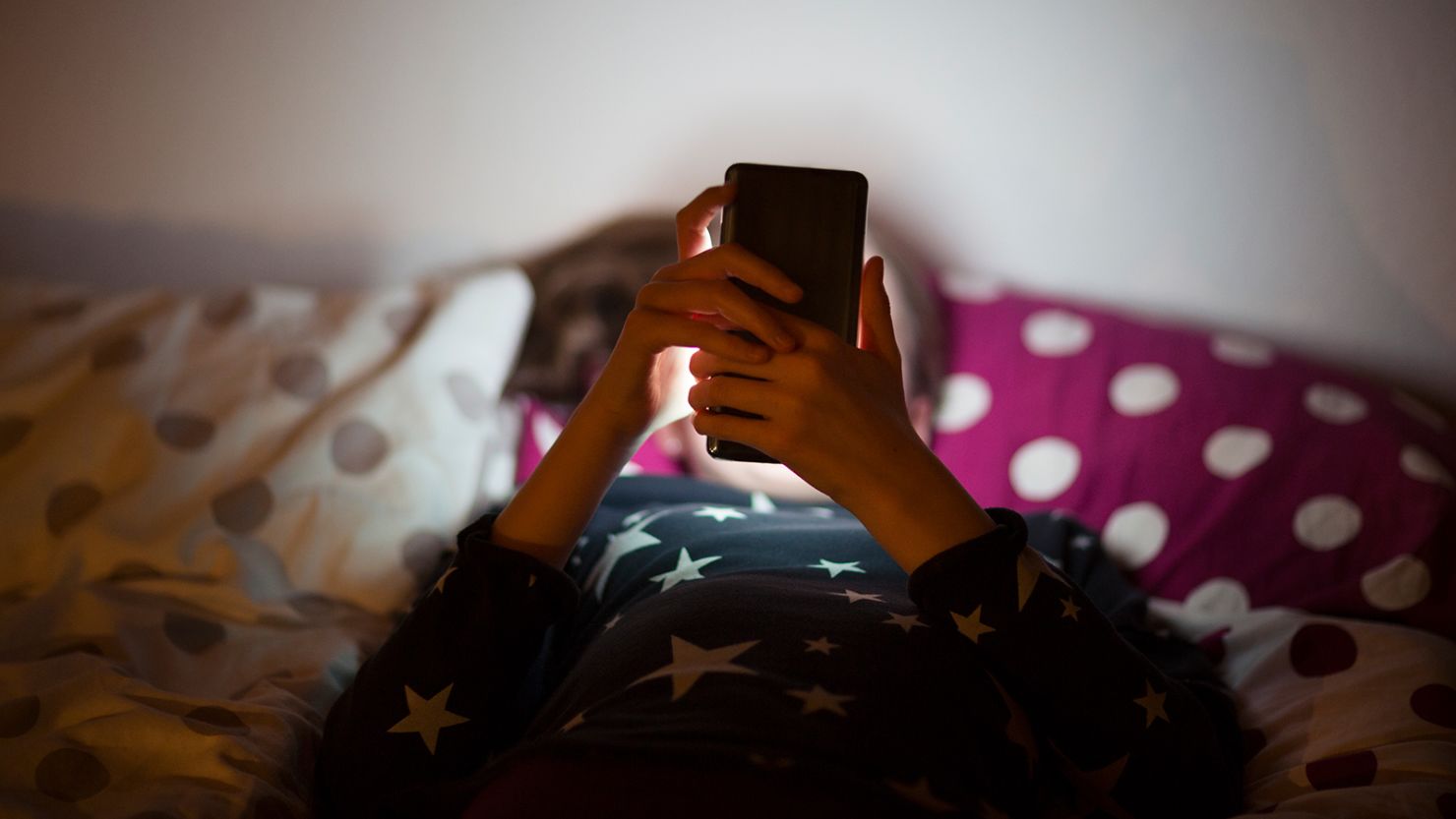In a groundbreaking move, Australia has passed the world’s strictest law to date, which bans children under the age of 16 from using social media. After gaining approval from the Australian Parliament, this legislation marks a significant shift in the country’s approach to online safety, aimed at protecting young people from the potential dangers of social media. The law is set to come into effect within the next 12 months, giving both tech companies and regulators time to prepare for its implementation.
Prime Minister Anthony Albanese has strongly backed the legislation, citing the need to protect children from the harmful effects of social media. His stance is echoed by numerous parent advocacy groups who argue that social media poses a serious risk to young people, exacerbating issues related to mental health, privacy, and online bullying. “We want our kids to have a childhood, and parents to know we have their backs,” Albanese said in a statement following the Senate’s approval of the bill.
The new law, which passed the Senate by a vote of 34 to 19, has already raised questions about its scope and effectiveness. The legislation does not define which social media platforms will be banned, leaving that decision to the country’s communications minister, who will seek guidance from the eSafety Commissioner, the regulatory body responsible for overseeing online safety in Australia. However, sources indicate that major platforms such as TikTok, Facebook, Instagram, Snapchat, and X (formerly Twitter) are likely to be included in the ban. Notably, gaming and messaging platforms, along with sites that can be accessed without an account (such as YouTube), will be exempt from the restrictions.
One of the more challenging aspects of the new law is its reliance on age-verification technology, which will be implemented by the social media companies themselves. The government has indicated that various age-verification methods, including biometric checks and identity data, will be tested over the coming months to determine the most effective way to ensure compliance. Critics, however, have raised concerns about the potential for these systems to fail, especially considering the possibility that children could bypass age-verification processes using tools like VPNs, which obscure their location and make it appear as if they are accessing the internet from another country.
Despite these concerns, children who manage to circumvent the rules will not face penalties. Instead, the responsibility lies with the platforms themselves to ensure that their users are in compliance with the law. Digital rights advocates have warned that the legislation could have unintended consequences, pushing children into less-regulated online spaces where they may be exposed to even greater risks.
While polling suggests that a majority of Australian parents support the ban, many experts remain skeptical. They argue that the law is a “blunt instrument” that fails to address the root causes of the risks associated with social media use. Some have expressed concern that the ban could ultimately do more harm than good, pushing young people toward less monitored corners of the internet. Major tech companies, including Google, Meta (which owns Facebook and Instagram), and Snap, have also voiced their objections to the legislation, criticizing its lack of detail and clarity. In particular, TikTok has raised concerns over the vague definition of “social media platform,” which could potentially encompass nearly every online service.
Youth advocates have also expressed frustration, claiming that the government has failed to fully understand the complex role social media plays in the lives of young people. The eSafety Youth Council, a group of young people advising the regulator, argued that their voices should be part of the conversation on how to make social media safer, stating, “We understand we are vulnerable to the risks and negative impacts of social media… but we need to be involved in developing solutions.”
Prime Minister Albanese has acknowledged that implementing the law will not be without challenges, but he has defended the legislation, drawing a parallel to the ban on alcohol for minors. “We don’t argue that its implementation will be perfect, just like the alcohol ban for [children] under 18 doesn’t mean that someone under 18 never has access – but we know that it’s the right thing to do,” he said. The law is also part of a growing trend among countries attempting to tackle the complex issue of children’s social media use.
In recent years, other countries have taken steps to regulate children’s access to social media, with mixed results. In 2023, France introduced legislation requiring parental consent for children under 15 to access social media, but research showed that nearly half of users were able to bypass the ban using VPNs. In the United States, a similar law passed in Utah was overturned by a federal judge on constitutional grounds. Australia’s approach, however, stands out for its far-reaching and uncompromising stance, making it a law that will undoubtedly be closely watched by governments and tech companies worldwide.
Other countries, such as Norway, have already expressed interest in adopting similar measures. The UK’s technology secretary also mentioned that a similar ban could be “on the table” in the future, although he noted that it was not a current priority. With global leaders looking to Australia for guidance, the debate over how to regulate children’s use of social media is only just beginning.







